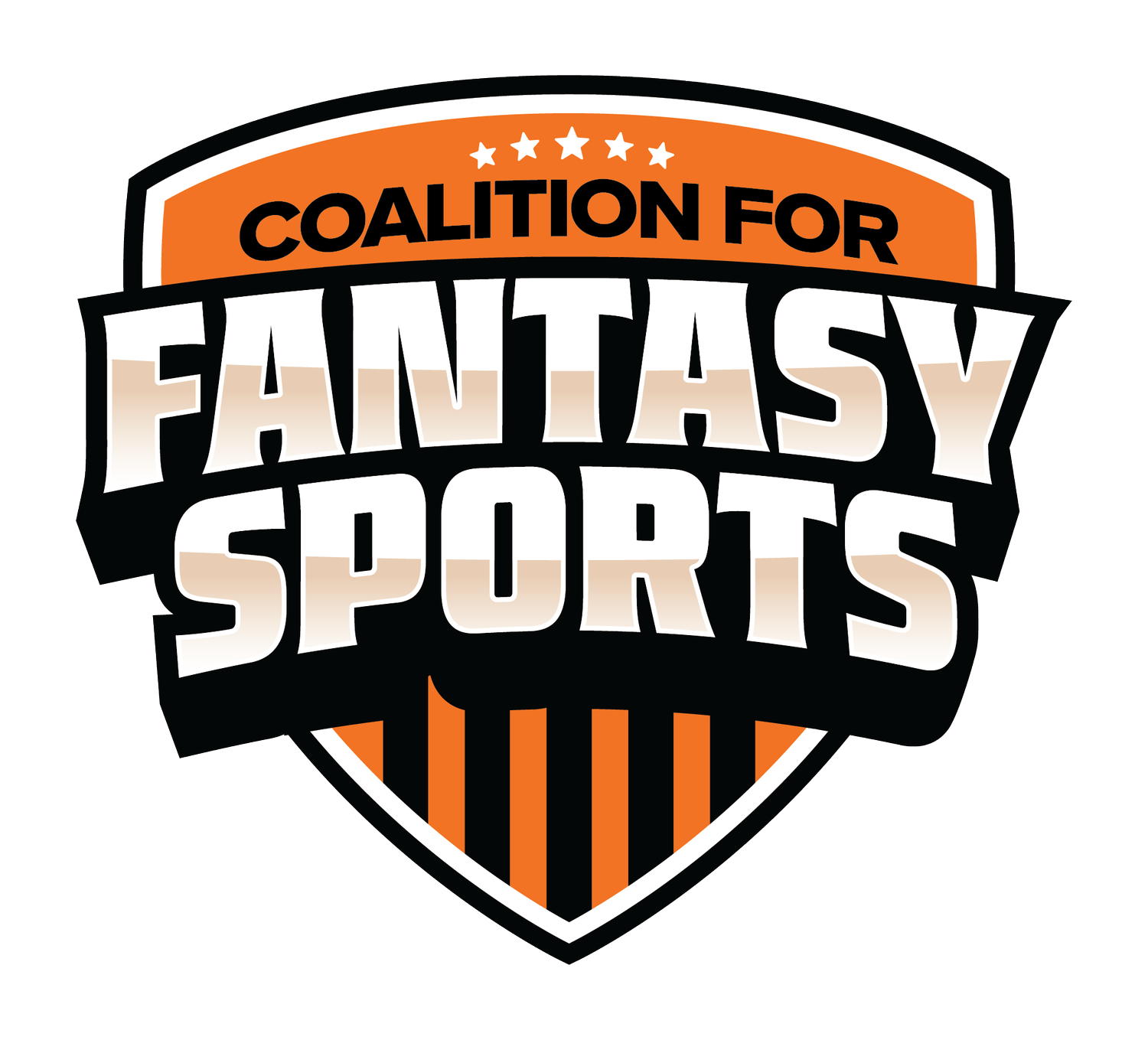Taking a Chance: Market Dominators Game the System
BY BARTLETT D. CLELAND | 03.04.2024
For a long time, mass entertainment was various forms of media that the public consumed passively. But the rise of the internet did not just disintermediate the entertainment industries we knew—changing the ways movies, music, and news were packaged and delivered—it also allowed the creation of new sources of entertainment, or vastly different versions of old ones. So, while “Web 2.0” made websites interactive and rollicking, like a really vibrant newspaper, the next wave of innovation was already underway, in the hands of the next generation. They were playing games.
The history of online gaming goes back to the 1970s, but it really took off as the propagation and speed of the internet allowed for playing games in real time among large numbers of people. Massive multiplayer online role-playing games, like World of Warcraft, are not the only forms of gaming that people enjoy, of course. There are endless combinations of games, game formats, and styles of play that the market for entertainment continues to discover.
One sub-market of the online entertainment marketplace builds on Americans’ love of sports. This includes a range of games in which people challenge each other’s knowledge of sports teams and players, to traditional gambling on games and athletes’ performances. They are heightened by the im-
mediateness and interactivity of the online environment, so some consider them to be better entertainment.
In the world of sports gaming and gambling, there is a contest underway to determine whether the market will evolve and grow, or whether dominant firms will lock down the market using regulatory fetters to prevent healthy competition. Currently, a pair of companies that operate as online sportsbooks—gambling operations—are using their market position to prevent games like daily fantasy sports from having their place in the entertainment world.
The work of market dominating FanDuel and DraftKings, collectively with 80% of the market, to prevent competition is a threat to continued growth and vibrancy of sports gaming and gambling. Regardless of what an individual’s position is on the expansion of gambling in the state, whenever either an individual or pair of firms use outsize market presence to eliminate competition, there should be concern.
The irony in the efforts of FanDuel and DraftKings is their use of the moral arguments concerning gambling, even though those companies helped modernize public policy in this area. Having helped break the moral-illegal framework and expand safe and responsible sports gambling to a desirous public, the companies now revert to the moral-illegal framing to close the door on competitors.
The competition these companies fear comes from operators of “daily fantasy sports” (DFS) games, such as PrizePicks, Underdog, and others. Their games, in which players pick a suite of statistical outcomes that they predict will occur based on their knowledge of players and teams, are games of skill—not gambling—according to well-settled law. But the two dominant market players are pressing state officials to treat these competitors as gambling outfits like themselves. The curious argument they push is, “They’re bad like us.” That’s not the way to think about gaming or gambling today, and it should not be a way to head off competition in the American entertainment marketplace. If they are found to have used these arguments to discourage businesses from having relationships with DFS providers, that is not just ironic. It violates the antitrust laws.
As opposed to the simplistic arguments put forth to government as the two seek to leverage the government do what it apparently is afraid it cannot, that is win in the marketplace, a broad array of issues converge in this market segment and all speak to how it should be regulated.
Read the rest of “Taking a Chance: Market Dominators Game the System” Here.
